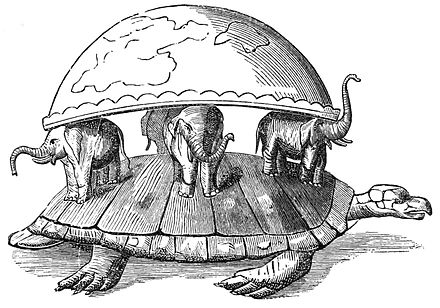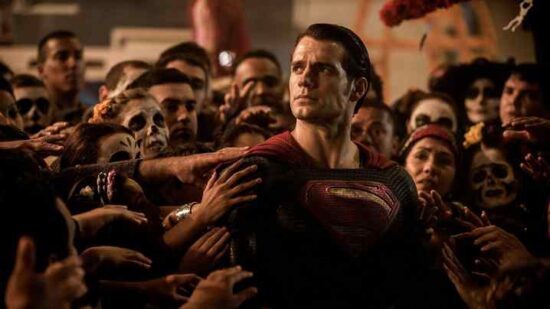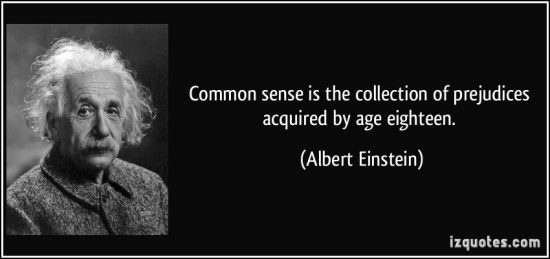It’s not the Fourth Industrial Revolution!
Industrie 4.0 Klaus Schwab is a clever man. After a rapid ascent through the ranks of German commercial life, he founded the World Economic Foundation (WEF) in 1971. The WEF is best known for organising a five-day annual meeting of the global business and political elite at the ski resort of Davos in Switzerland. He has a list of awards and honorary doctorates as long as your arm. Schwab has done much to popularise the notion that we are entering a fourth industrial revolution – not least by writing a book of that name. He didn’t invent the phrase: rather...





